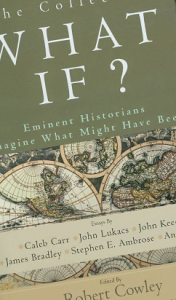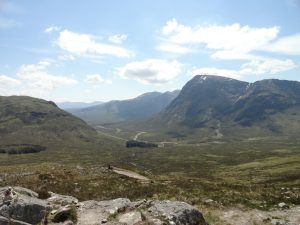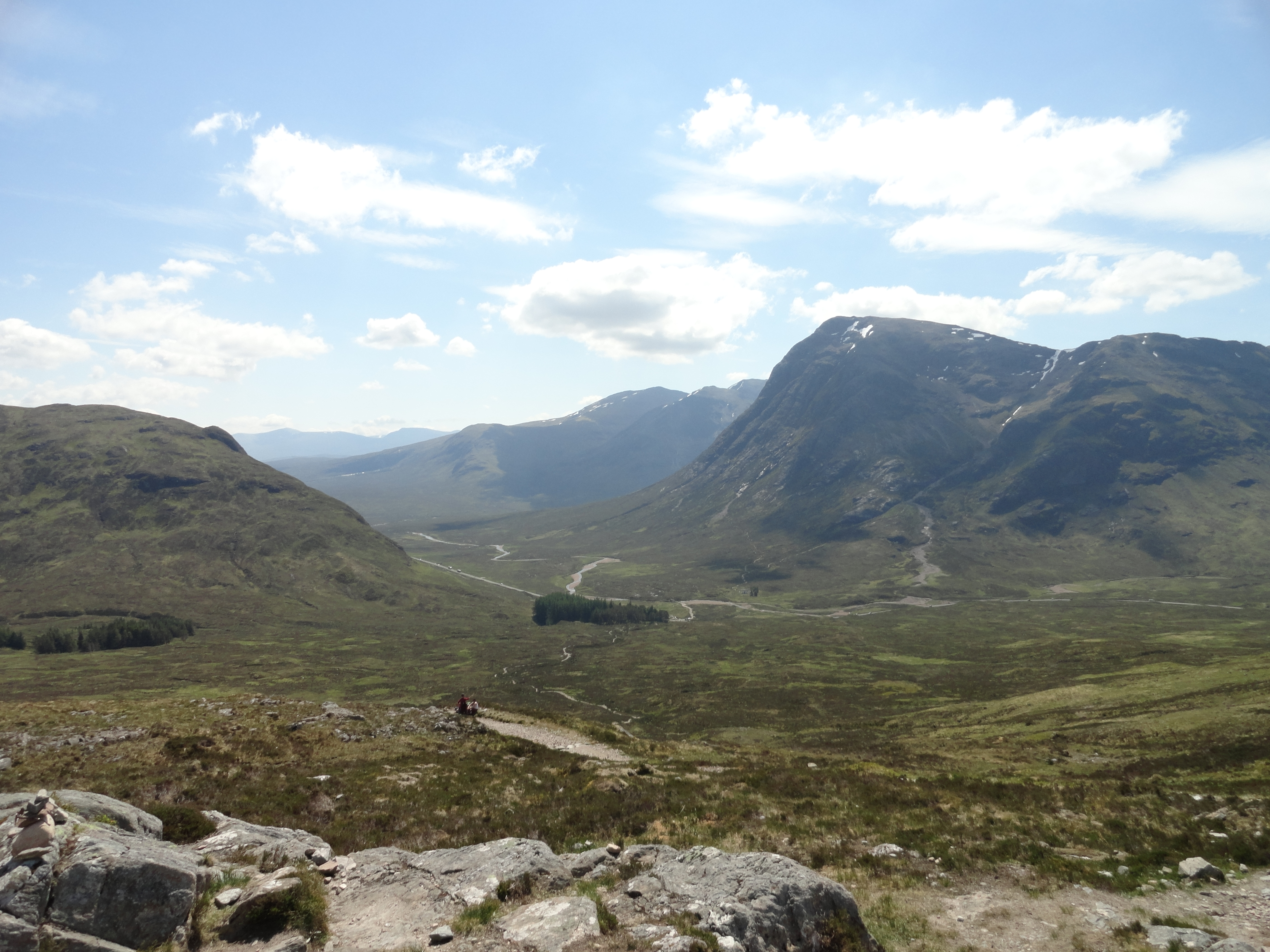Above all others, two personal experiences have defined 2018 for me: my acceptance to pursue dual masters degrees in History and Library Science at the University of Rhode Island (which I am now a month into), and a two-week backpacking trip to the cities and highlands of Scotland taken during late May. To me, both represent the culmination of my historical studies in my life thus far: and so, as I continue to reflect upon Scotland and adjust to Rhode Island, I thought I’d take a little time to reflect upon one of the reasons why I study history in the first place.
Reflecting upon my memories, I don’t believe I became interested in history because, as a young person, I felt especially inspired by a specific event, movement, or person. Though I distinctly recall finding Puritan fashion to be strangely appealing and Loyalist arguments against the American Revolution surprisingly compelling during my elementary school days, the discipline was simply just another school subject to me which, outside of the classroom, made few appearances in my life. Though Maine has its own special historicity it, unlike Gettysburg or other locations around New England, does not rear its head frequently or loudly, and usually must be deliberately sought out to engage with it. What was very attractive to me at the time, however, was my discovery of world-building literature. Though I arguably received my first taste for it through the Harry Potter series, it was reading The Lord of the Rings trilogy that first and truly revealed to me what a well-constructed world could look like. Suddenly, simply following a story seemed less satisfying: I wanted to know more about the background of the world it took place in, its mythological context and history.

It slowly dawned upon me not terribly long after that there was no “story” as deep in background, characters, and far-away lands than the real one. While certainly missing the magical angle preferred by my fantasy-loving younger self (which I still maintain a high appreciation for), as well as the just-so arrangement of an author’s overarching plan, many of the same elements were present. This was likely assisted by my concurrent discovery of the Civilization series of video games (which I’ve written on previously), loaded with the educational “Civilopedia,” explaining the true historical context of the units, buildings, and leaders encountered in the game.
Another, more specific book influenced me during these younger years, and followed not long after—sometime around the sixth or seventh grade. It was called The Collected What If? Eminent Historians Imagine What Might Have Been. Purchased on a whim at a discount bookstore somewhere in New Hampshire, it contained essays by historians whose names I only now recognize, such as Stephen Ambrose and David McCullough. I think it was the fancifully immense nature of some of the questions asked that inspired me to give it a try: such as what if Jesus had not been crucified, what if Lincoln had not signed the Emancipation Proclamation, or what if the Allies had not won World War II. While the mechanical quality of the essays was almost certainly lost on me at the time, I distinctly recall feeling amazed considering the myriad of possibilities that may have been, had events not fallen into place just as they did. This book may have been the first to lead me to seriously consider historical causality: how particular events echo through centuries, themselves influencing events in an incomprehensible multitude of ways. It inspired in me a love of alternative and speculative history that I carry with me to this day. And though it remains more the subject of late-night conversations among friends rather than a serious academic subject, it is in my view, the purest expression of what initially attracted me to history: the slightly more literary, uncertain, and exploratory angle that more serious, academic history does not possess.

In these early years, as I came to understand what exactly history could be, my pseudo-literary initial interest in it continued to color my lens. As I explored the history of people and states beyond North America, they seemed just as remote to me as Middle Earth and the Kings of Gondor: for, up until this recent trip to Scotland, I had never left the United States. While I knew, of course, that places such as Britain and France exist and Gondor and Rohan do not, they shared the seemingly definite fact in common that I would not see either of them in person. As real as history thus became as I studied it with greater seriousness over the years, becoming increasingly real to me, these faraway places still maintained an aura of the imaginary, distant and unviewable.
Though I could discuss my trip to Scotland at immense lengths from the perspective of the challenges, both mental and physical, I can also view it as the final maturation of my idea of history: seeing things, and being somewhere, I never expected to be, finally bringing reality fully to what began as a more literary interest. I view this not as the final conclusion that fantasy is false: rather, it is that it is real, for unlike any story, a historical place is both somewhere I can read about and be.
As a young historian preparing to take their next academic step, where does this leave me? Nowhere concrete, at least: I fully expect some work to continue to be difficult and tedious upon occasion. But, it inspires me personally to know that what first interested me in history continues to do so today. I doubt I will ever feel the same sense of amazement and awe that simply descending from the sky looking out across Ireland and Scotland instilled within me again: and if I do, I will consider myself extremely lucky. The nature of history as an academic subject, I believe, certainly in no way precludes it from the same wonder and mystery as a work of fiction. If anything, it, by sheer nature of its depth and breadth, is even more invigorating.
